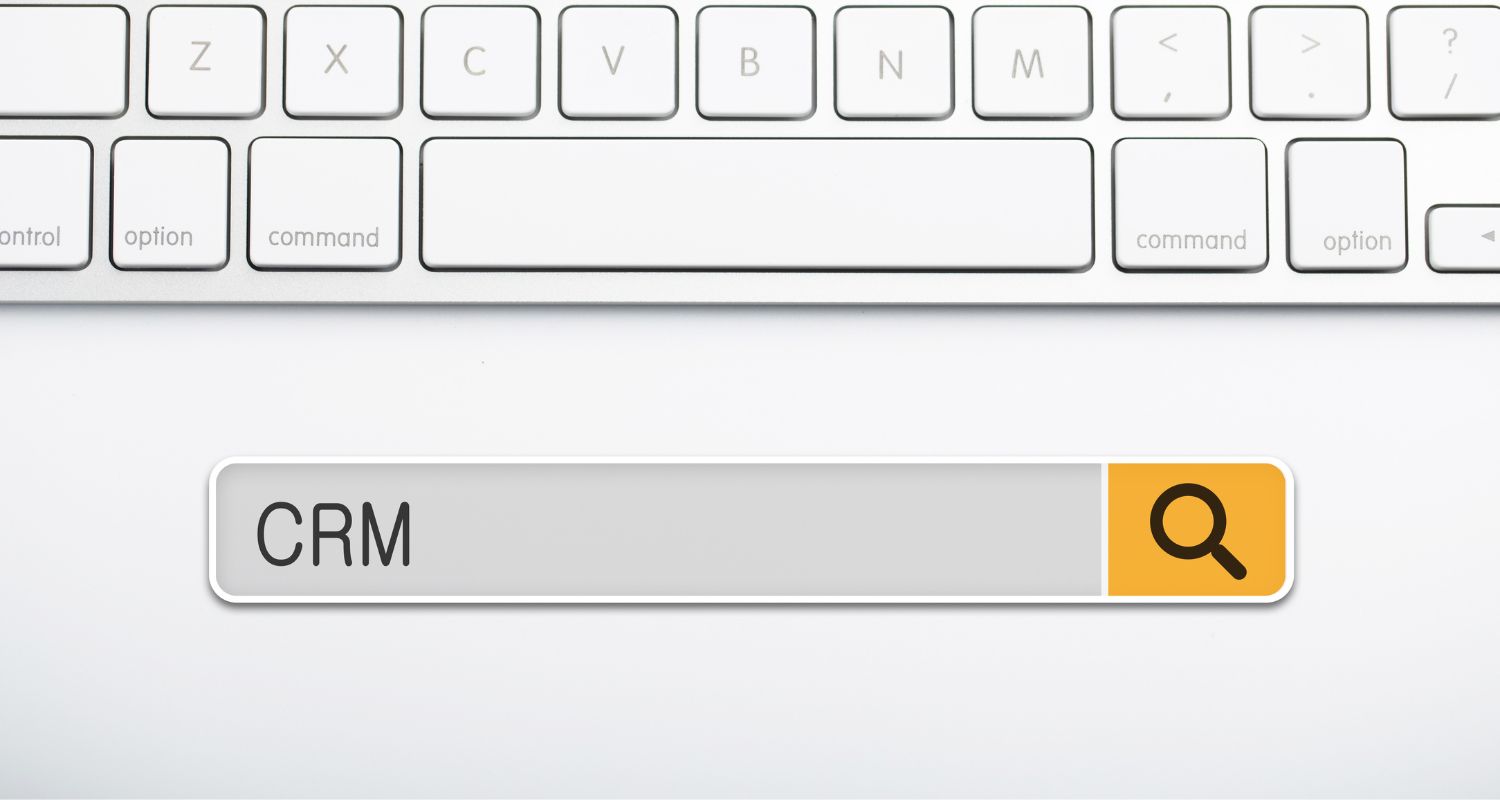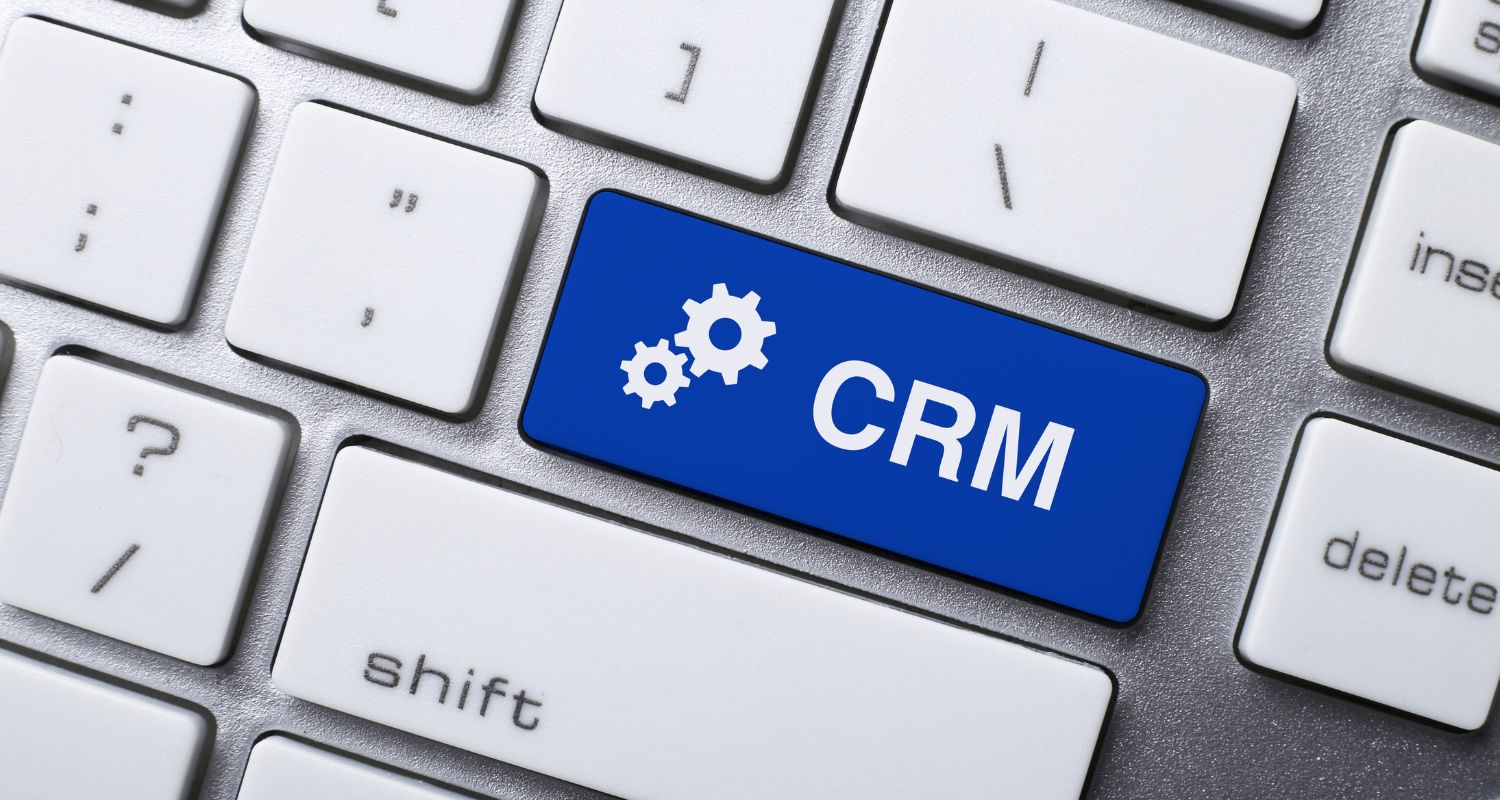In today’s fast-paced and competitive business landscape, maintaining strong customer relationships is crucial for sustainable growth. Customer Relationship Management (CRM) systems have emerged as powerful tools to help businesses manage and nurture their customer interactions effectively. While there are several off-the-shelf CRM solutions available, many businesses are now turning to white label CRM options to gain a competitive edge. In this article, we will explore the concept of white label CRM, its benefits, and how it can be leveraged to maximize customer engagement and loyalty.
White Label CRM: Empowering Businesses with Customization
What is White Label CRM?
White label CRM refers to a customizable CRM solution that is developed by a CRM provider and then rebranded and resold by another company under their own brand name. This means that businesses can offer CRM software to their clients or internal teams with their own branding, logos, and user interface, providing a seamless and integrated experience.
How Does White Label CRM Work?
White label CRM solutions are typically built on robust CRM platforms that have already been developed and tested. These platforms serve as the foundation, providing core functionalities such as contact management, lead tracking, and sales automation. The white label CRM provider then customizes the platform to match the branding and specific requirements of the reselling business. This includes adding custom features, integrating with other software systems, and applying the desired visual design.
The Advantages of White Label CRM
White label CRM offers a myriad of benefits for businesses looking to enhance their customer relationships. Let’s delve into some of the key advantages:
- Branding Consistency: With white label CRM, businesses can maintain a consistent brand experience throughout their customer interactions. By customizing the CRM solution with their own branding elements, businesses can reinforce their brand identity and create a unified customer journey.
- Increased Revenue Streams: White label CRM enables businesses to generate additional revenue streams by offering CRM solutions to their clients. This not only diversifies their product portfolio but also strengthens their position as a comprehensive service provider.
- Improved Customer Retention: By providing a tailored CRM solution, businesses can enhance customer satisfaction and loyalty. The ability to align the CRM software with the specific needs and preferences of their clients fosters deeper customer engagement and encourages long-term relationships.
- Flexibility and Scalability: White label CRM solutions can be tailored to accommodate the unique requirements of different industries and businesses. Whether it’s a small startup or a large enterprise, white label CRM offers the flexibility and scalability needed to adapt and grow with the business.
- Time and Cost Savings: Developing a CRM system from scratch can be a time-consuming and expensive endeavor. White label CRM eliminates the need for extensive development and testing, allowing businesses to quickly launch their branded CRM solution and save valuable time and resources.
Maximizing Customer Engagement with White Label CRM
Customized Features for Enhanced Engagement
One of the key advantages of white label CRM is the ability to add custom features that align with the specific needs of the target audience. By understanding customer pain points and preferences, businesses can tailor the CRM solution to deliver a more engaging experience. For example, integrating social media monitoring tools, advanced analytics, or AI-driven chatbots can provide valuable insights and streamline customer interactions.
Streamlined Workflows and Automation
White label CRM solutions often come equipped with automation capabilities, empowering businesses to streamline their workflows and boost productivity. Automated processes such as lead nurturing, email marketing campaigns, and task management can help businesses save time, reduce manual errors, and ensure consistent communication with customers.
Seamless Integration with Existing Systems
To maximize the benefits of white label CRM, it is crucial to integrate the solution seamlessly with existing systems and software. This allows businesses to leverage data from multiple sources and gain a comprehensive view of their customers. Integration with popular tools like email marketing platforms, e-commerce systems, and customer support software ensures a unified approach to customer management.
Data Security and Privacy
Data security and privacy are of paramount importance in today’s digital landscape. When selecting a white label CRM solution, it is essential to prioritize providers that offer robust security measures and comply with data protection regulations. This ensures that sensitive customer information is safeguarded, earning the trust of both businesses and their clients.
FAQs about White Label CRM
1. What is the difference between white label CRM and private label CRM?
White label CRM and private label CRM are often used interchangeably, but they have subtle differences. White label CRM refers to a CRM solution that is rebranded and resold by another company under their own brand name. Private label CRM, on the other hand, involves customizing an existing CRM solution under the reseller’s brand but without rebranding it entirely.
2. Can I customize the features and functionality of a white label CRM solution?
Yes, one of the main advantages of white label CRM is its customizability. You can work with the white label CRM provider to add or modify features according to your specific requirements.
3. What industries can benefit from white label CRM?
White label CRM can benefit a wide range of industries, including e-commerce, real estate, financial services, healthcare, and more. Any business that wants to enhance its customer relationships and deliver a personalized experience can leverage white label CRM.
4. Is training required to use a white label CRM solution?
White label CRM solutions are designed to be user-friendly and intuitive. However, depending on the complexity of the customized features and workflows, some training may be necessary to ensure that your team can effectively utilize the CRM solution.
5. Can I migrate my existing CRM data to a white label CRM solution?
Yes, most white label CRM providers offer data migration services to help you transfer your existing CRM data seamlessly. It is important to discuss this with your provider and ensure that the migration process is smooth and secure.
6. How can I choose the right white label CRM provider for my business?
When selecting a white label CRM provider, it is crucial to consider factors such as their experience, reputation, customer support, security measures, and pricing. Researching customer reviews and testimonials can provide valuable insights into the quality and reliability of the provider.
Conclusion
White label CRM offers businesses the opportunity to customize and brand a CRM solution, providing a seamless and tailored experience to their clients. By leveraging the benefits of white label CRM, businesses can enhance customer engagement, boost productivity, and ultimately drive revenue growth. Whether you’re a startup or an established enterprise, exploring the possibilities of white label CRM can unlock new avenues for success in today’s competitive business landscape.
 FLPJEPANG.COM Be Smart!
FLPJEPANG.COM Be Smart!




